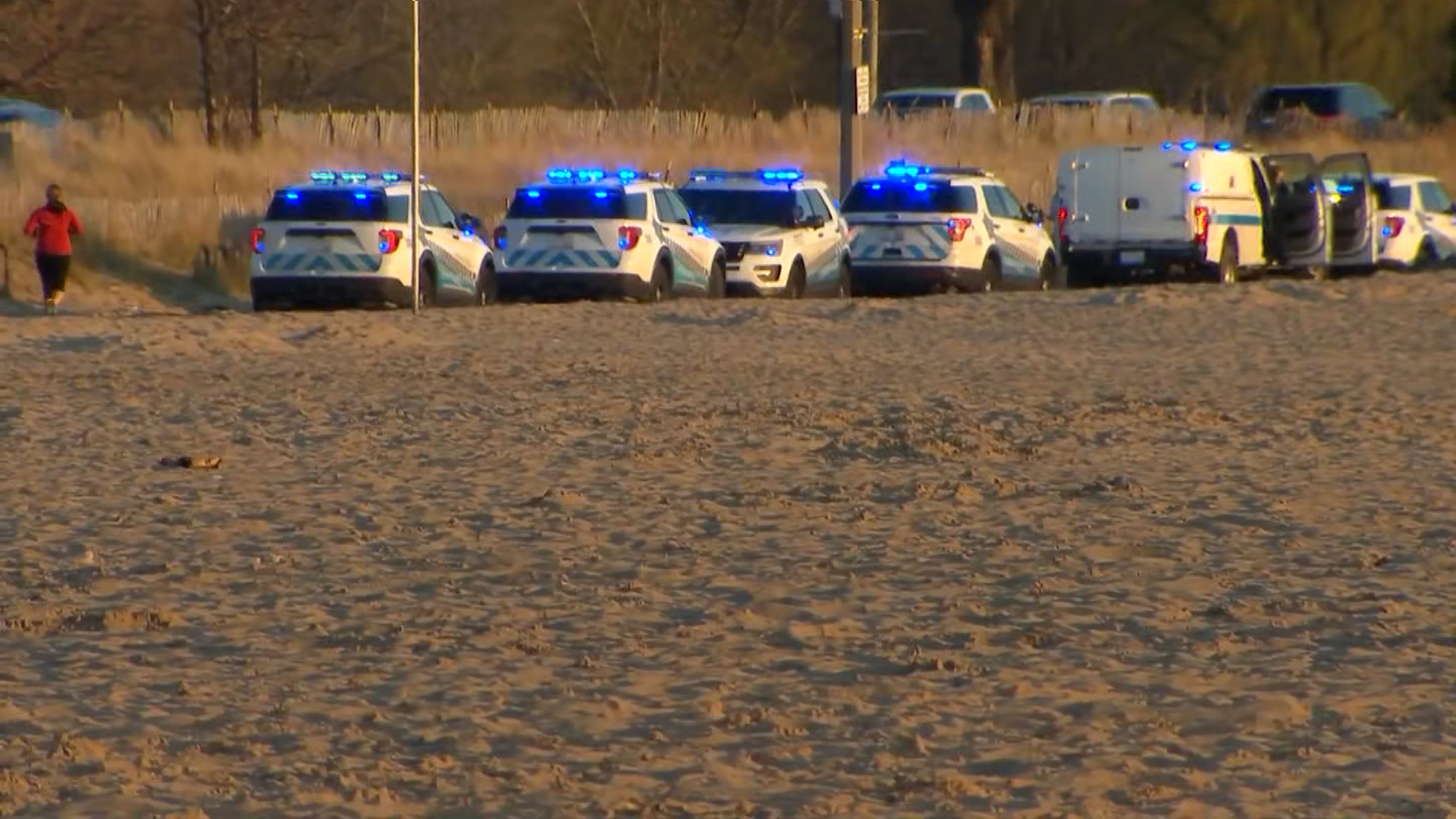Jason Van Dyke, the Chicago Police officer charged with murder in the 2014 shooting of Laquan McDonald, took the witness stand Wednesday for the first time since he was indicted.
Van Dyke, his face pinched with the same expression that he has worn in public since he was charged more than a year ago, testified that he thought he’d be fired if he refused to answer questions from detectives and supervisors who arrived at the shooting scene on the night of Oct. 20, 2014, the Chicago Sun-Times is reporting.
The hearing at the Leighton Criminal Court Building was focused on whether prosecutors would be allowed to use Van Dyke’s statements and police reports from the night of the shooting.
Van Dyke’s time on the stand was brief and focused on what his superiors said to him, not what he told them about what happened and why he fired 16 shots at McDonald, 17.
Van Dyke’s lawyers are seeking to block prosecutors from using his statements made during the first hours of the investigation of the McDonald shooting, arguing that Van Dyke was essentially forced to answer questions that might incriminate him or risk losing his badge.
Asked by Special Prosecutor Joseph McMahon if he could recall specifically what investigators asked him the night of the shooting, Van Dyke paused for several seconds and seemed to fix his gaze somewhere in the middle distance.
“I don’t remember exactly what was said, but it was my understanding that if you didn’t cooperate or speak to him, that you could be fired, (and that) I would be fired,” Van Dyke said.
Local
Det. David March, the lead investigator on the McDonald shooting and Deputy Chief David McNaughton, the highest-ranking officer at the shooting scene, both testified Wednesday.
Both officers retired from CPD last year, shortly after the city inspector general issued a report that recommended firing them and nine other officers who were either at the shooting scene or were involved in the investigation.
Both officers also took the stand only after receiving immunity for their testimony, meaning their statements couldn’t be used against them in a criminal prosecution. March, along with two other officers, was indicted Tuesday for obstruction of justice and misconduct by a special prosecutor assigned to probe allegations of a cover-up in the handling of the McDonald shooting investigation, which had initially cleared Van Dyke of wrongdoing.
After nearly two hours of testimony Wednesday, Cook County Judge Vincent Gaughan issued a split decision: statements and reports from Van Dyke’s interviews by March were fair game for prosecutors, while facts generated from Van Dyke’s conversations with McNaughton were off limits.
Patricia Holmes Brown, the special prosecutor leading the separate probe of the McDonald investigation, declined comment Tuesday on whether the timing of the charges against March had anything to do with his planned testimony the following day.
On the stand, both officers stated their belief Van Dyke had to answer their questions about the shooting, though both also said they did not tell Van Dyke he’d be disciplined if he refused, or that he was a suspect in a crime.
March, who said he’d handled 30 investigations of police shootings, said he’d never warned any of the officers that the could be fired for statements they made to him.
Longstanding Supreme Court rulings have barred prosecutors from using statements that police and other public employees have made to supervisors as part of administrative or disciplinary proceedings where the workers can be fired for refusing to cooperate.
Gaughan asked lawyers for Van Dyke to subpoena officials from the Fraternal Order of Police to testify at a hearing on July 19.



